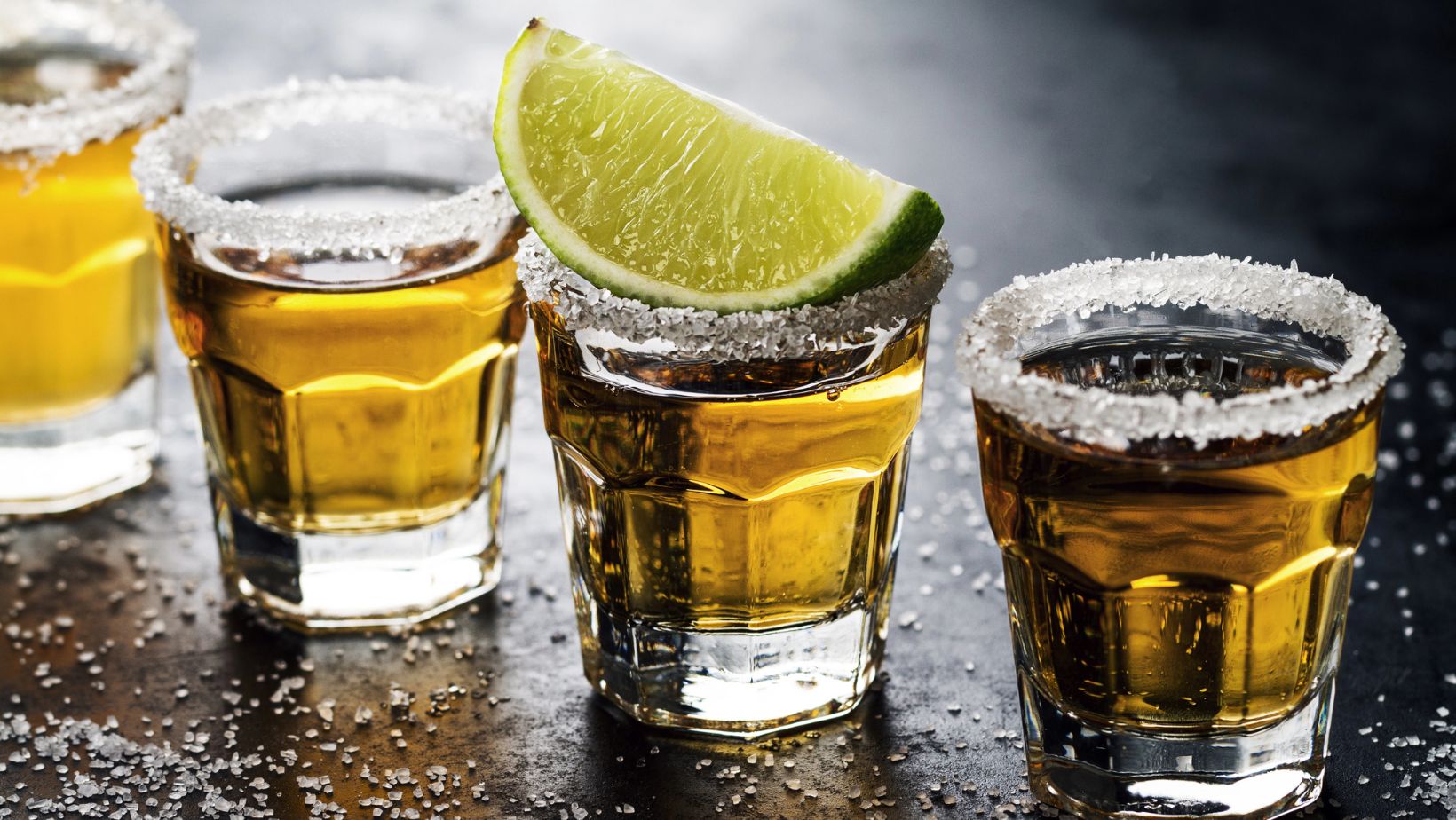National Tequila Day, observed on July 24th, is a festive occasion dedicated to honoring Mexico’s most famous spirit. This annual celebration invites tequila enthusiasts and curious drinkers alike to raise a glass of the agave-based liquor, whether in a classic margarita or savored neat. The day serves as a tribute to the rich cultural heritage and craftsmanship behind this beloved drink, offering an opportunity to explore the nuances of tequila’s flavors and the traditions that surround its production and consumption.
History of national tequila day
The origins of tequila can be traced back to the 16th century when Spanish conquistadors arrived in Mexico. While the natives had been producing a fermented beverage from agave for centuries, known as pulque, it was the introduction of European distillation techniques that led to the creation of tequila as we know it today. The town of Tequila in Jalisco, Mexico, became the epicenter of production, giving the spirit its name. By law, authentic tequila must be produced in specific regions of Mexico, primarily in Jalisco, using blue agave plants.
The first commercial license for tequila production was granted to José Antonio Cuervo in 1758, whose name remains synonymous with the spirit. Other notable early producers include Don Cenobio Sauza and Félix López, whose legacies continue in the tequila industry today. Over time, tequila evolved from a local drink to a globally recognized and appreciated spirit, with its popularity soaring in the 20th century, particularly in the United States after Prohibition.
The establishment of National Tequila Day, while its exact origin is unclear, serves to celebrate this journey and the cultural significance of tequila in Mexico and beyond. It’s a day that not only honors the spirit itself but also recognizes the generations of jimadores (agave farmers) and master distillers who have perfected the art of tequila production.
Ideas to celebrate national tequila day
Celebrating National Tequila Day can be a fun and educational experience. It’s an opportunity to explore the rich world of tequila beyond just shots and margaritas. Consider organizing a tequila tasting event with friends or family, where you can sample different types of tequila and learn about their unique characteristics. You could also try your hand at mixology by creating tequila-based cocktails, exploring beyond the traditional margarita to discover new flavor combinations.
For a more immersive experience, consider pairing tequila with food. Many don’t realize that tequila, like wine, can be expertly paired with various dishes to enhance both the food and the spirit. From seafood to grilled meats, there’s a tequila pairing for almost every cuisine.
- Host a Mexican-themed dinner party featuring tequila pairings with each course, from appetizers to desserts
- Attend a virtual or in-person tequila tasting led by an expert to learn about the nuances between different types and brands of tequila
- Try making tequila-infused desserts like margarita cupcakes, tequila-lime sorbet, or a tequila-spiked chocolate mousse
- Watch a documentary about tequila production to learn about its rich history and culture, and the traditional methods still used today
- Support local Mexican restaurants or bars that offer special tequila flights or cocktails for the day, and learn about their unique offerings
The art of tequila production
Tequila production is a meticulous process that combines tradition with modern techniques. It begins with the harvesting of blue agave plants, which take 7-10 years to mature. The heart of the agave, known as the piña, is then extracted, cooked, and crushed to release its juices. These juices are fermented, distilled, and often aged in oak barrels. The aging process determines the type of tequila: blanco (unaged), reposado (aged 2-12 months), or añejo (aged 1-3 years). Each step in this process contributes to the final flavor profile, making tequila production as much an art as it is a science.
The role of the jimador is crucial in tequila production. These skilled workers use a special tool called a coa to harvest the agave plants, a technique that has been passed down through generations. The jimador must carefully remove the agave’s spiky leaves to reveal the piña, a process that requires both strength and precision.
Modern tequila production also emphasizes sustainability. Many distilleries are adopting eco-friendly practices, such as using the leftover agave fibers as biofuel or compost. Some are even exploring ways to reduce water usage in the production process, acknowledging the importance of environmental stewardship in ensuring the future of tequila production.
Tequila’s global impact
While deeply rooted in Mexican culture, tequila has made a significant impact on the global spirits industry. It has become a staple in bars worldwide and has inspired countless cocktails beyond the classic margarita. From the Paloma to the Tequila Sunrise, bartenders and mixologists continue to innovate with tequila as a base spirit, showcasing its versatility.
The tequila industry has also contributed significantly to Mexico’s economy, creating jobs and attracting tourism. The town of Tequila and the surrounding agave landscapes have been designated as a UNESCO World Heritage site, recognizing the area’s cultural and historical importance. Tequila tourism has boomed, with distillery tours and tasting experiences becoming popular attractions for visitors to Mexico.
In recent years, there’s been a growing appreciation for premium and artisanal tequilas, elevating its status from a party shot to a sophisticated sipping spirit. This shift has led to an increase in small-batch, craft tequilas that focus on quality and unique flavor profiles. The global recognition of tequila’s complexity has led to increased efforts in sustainable production practices and the protection of traditional methods, ensuring that tequila’s heritage is preserved for future generations to enjoy.
As we celebrate National Tequila Day, it’s worth reflecting on the journey of this spirit from a local Mexican drink to a global phenomenon. It’s a day to appreciate not just the drink itself, but the rich culture, history, and craftsmanship that goes into every bottle of tequila.
